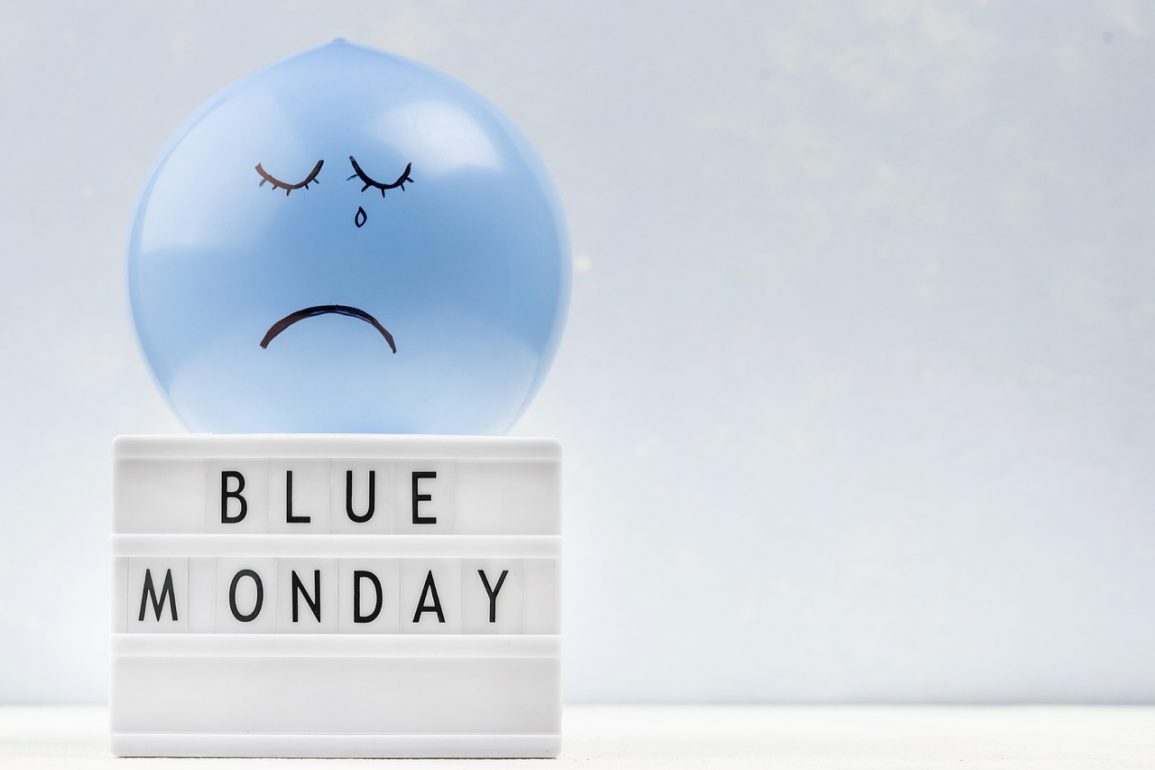Blue Monday: Brain Experts Share Top Tips to Combat the Blues.
Blue Monday, reportedly the most “depressing” day of the year, looms as many already find themselves susceptible to the impact of seasonal affective disorder (SAD). With up to 2 million people in the UK navigating the challenges of SAD annually, Brainworks Neurotherapy’s brain health experts offer valuable insights on how to combat the winter blues beyond traditional light therapy.
The best and most effective way to snap out of the post-Christmas blues is to adopt a holistic approach to your health, and the simple and easy-to-implement lifestyle changes outlined below aim to simultaneously address mood, sleep, physical health, and lifestyle factors.
Strategic Sunlight Exposure
No matter how dreary the weather outside may be, make it a point to step outside for 10-15 minutes every day before noon. To maximise the benefits of this exercise, position yourself to face east, as this aligns you with the direction of the morning sun. It’s also important to repeat this practice in the evening, during sunset. This time, you should face west as the sun sets in that direction.
Exposure to natural light in this way and time frame is essential for supporting your hormonal system. This is because the amount of light that enters your eyes during these times directly influences the production and regulation of hormones in your body, such as serotonin, melatonin and cortisol, which play a critical role in mood and sleep patterns. This effectiveness extends even to areas with cloudy weather, as the light can penetrate through clouds.
Grounding
Grounding, also known as earthing, is a practice that involves physically connecting with the Earth’s surface to absorb its natural, subtle electrical charge. The idea behind grounding is that in our modern lives, we are often insulated from direct contact with the Earth due to the prevalence of rubber-soled shoes, buildings, and other non-conductive materials. Research indicates that grounding can reduce inflammation, help manage stress levels, and improve sleep patterns.
To practise grounding, all you need is to locate a patch of grass, sand, or even mud and let your bare skin make contact with the natural earth. In winter conditions, there are several alternative approaches to choose from to practice grounding. One method involves physical contact with a tree or your dog while standing on natural surfaces like stone, sand, or grass. Another option is to wear grounded shoes, with or without grounding socks. Unlike typical footwear, these shoes incorporate conductive materials such as carbon, silver, and copper in both the outer and inner soles, facilitating ground energy transfer to your feet. Aim to spend at least 20 minutes every day practising this to see the benefits.
Bedtime Routine
Set a fixed bedtime for every night, and as the clock ticks, put away your phone, turn off the lights, and gently close your eyes. This simple lifestyle adjustment is often underrated, yet it stands as one of the most effective anti-stress habits. Going to bed at the same time every day offers multiple benefits: It aids in regulating our circadian rhythms, ensuring our body’s internal clock is in sync. This, in turn, helps stabilise the production of crucial hormones like melatonin and cortisol. Such regularity not only contributes to improved sleep quality but also plays a vital role in stabilising mood and promoting better mental health.
Connections
While the natural reaction when experiencing SAD symptoms might be to isolate oneself, it’s essential to try the opposite by nurturing connections with others. Engaging in social activities, whether with friends, family, or support groups, can offer a sense of connection and belonging that acts as a potent antidote to the winter blues. These interactions not only provide emotional support but also serve as a reminder that you are not alone in your battle against SAD.
Please note that cases of SAD with more severe symptoms should be evaluated and treated by medical professionals. Treatment options may include cognitive-behavioural therapy, antidepressant medication, or a combination of therapies. In such cases, your GP should be your first point of contact for guidance and appropriate care.
Poppy Watt


